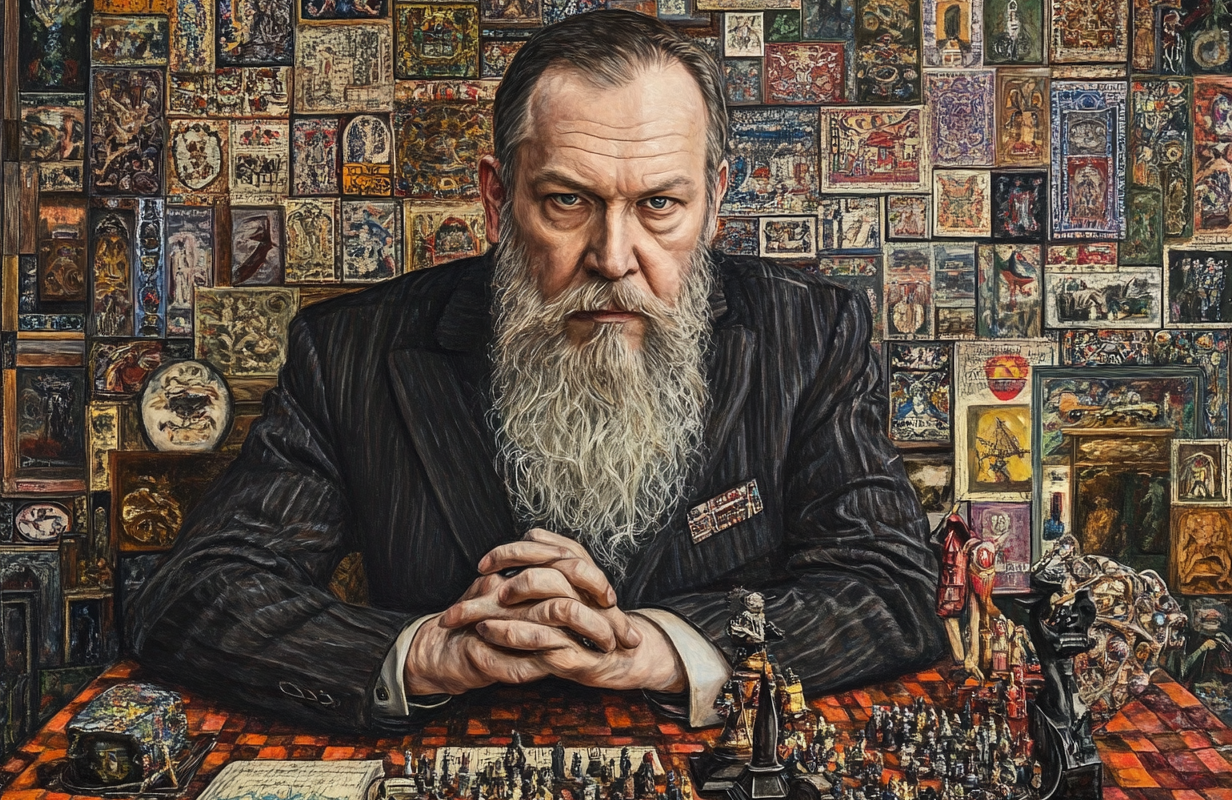Alexander Dugin, born on January 7, 1962, in Moscow, is a Russian political philosopher and strategist whose ideas have significantly influenced Russia’s geopolitical stance. His father’s ties to military intelligence likely shaped his early interest in geopolitics.
In the 1980s, Dugin was an anti-communist dissident. After the Soviet Union’s collapse, he co-founded the National Bolshevik Party with Eduard Limonov, merging elements of communism and fascism. He later pursued his own ideological path, developing Neo-Eurasianism—a vision positioning Russia as a unique civilization distinct from both Europe and Asia.
Dugin’s anti-US worldview
His 1997 work, “Foundations of Geopolitics,” outlines strategies for Russia to counter U.S. dominance, including fostering instability within the U.S. and annexing Ukraine. This book has reportedly influenced Russian military and foreign policy circles. In 2009, Dugin introduced “The Fourth Political Theory,” proposing a new ideology that integrates elements from liberalism, communism, and fascism while rejecting their negative aspects.
Dugin’s political activities include founding the Eurasia Party in 2002 and the International Eurasian Movement. While he hasn’t held official government positions, he’s been described as an informal advisor to various Russian political figures. His relationship with Vladimir Putin is subject to speculation; some have dubbed him “Putin’s philosopher,” and even “Putin’s Rasputin,” though the extent of his influence remains unclear.


Fascination with fascism
Known for his extreme views, Dugin has called for a Eurasian empire to challenge the U.S.-led world order and supported pro-Russian separatists during the 2014 Ukraine conflict. He has expressed admiration for certain aspects of fascism and Nazism, though he claims to reject their racist elements. Accusations of promoting anti-Semitic and racist ideas have been leveled against him, which he denies.
Internationally, Dugin’s ideas have found traction among far-right and far-left groups. In 2014, he was placed under U.S. sanctions due to his role in the Ukraine conflict and has been banned from entering several countries, including Ukraine.
In August 2022, Dugin’s daughter, Darya Dugina, who was also involved in promoting his ideological work, was killed in a car bombing near Moscow. While Dugin himself was believed to be the intended target, the incident brought renewed international attention to him and his ideas.
Understanding Dugin’s philosophy provides insight into certain strains of Russian nationalist and anti-Western thought, even as his more extreme positions remain outside the mainstream.
